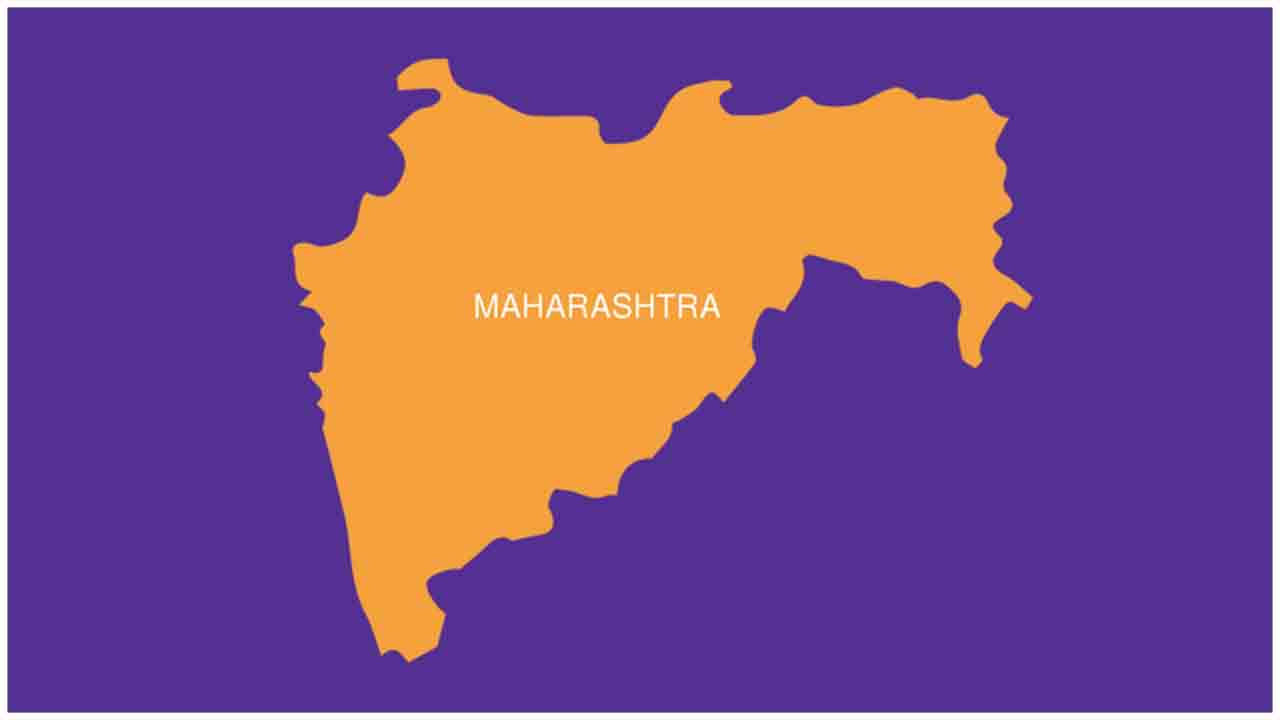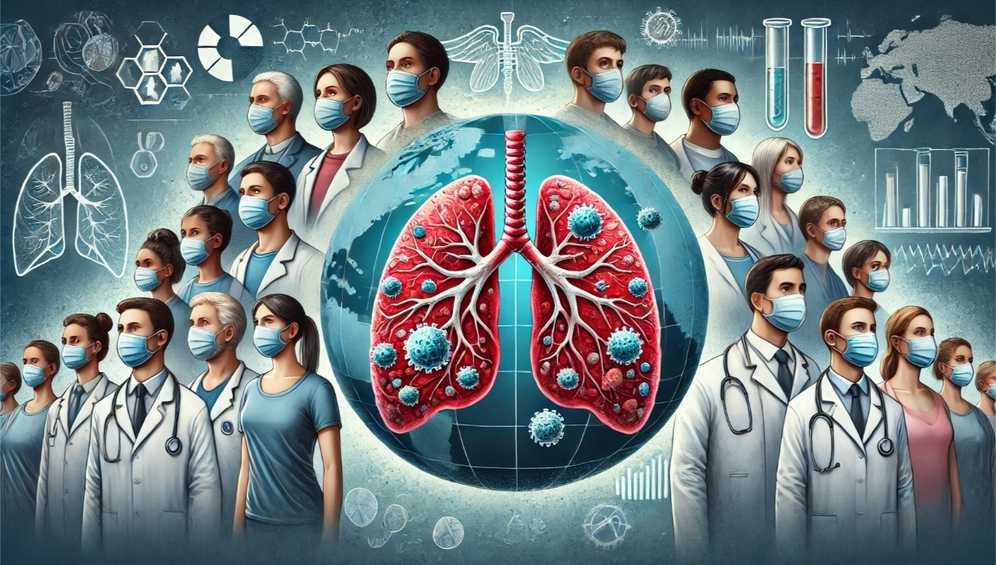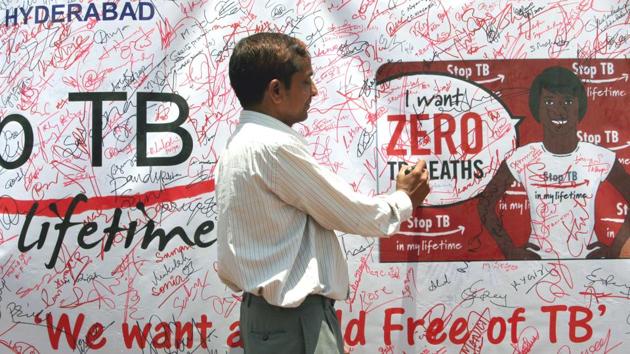Comorbid patients with no symptoms of occupying beds
Even as Mumbai is watching an enormous shortage of doctors and health workers, its hospitals are fast running out of beds. The civic body is, therefore, pulling up its socks before it’s too late.
The BMC’s earlier projections indicated that only symptomatic coronavirus patients, marked at 10 per cent of the entire number of patients, would require hospital beds. However, 30-40 per cent of patients currently using these beds are asymptomatic persons with co-morbid conditions, including the elderly. This has forced the civic body to revise its projections and reassess, revamp, and increase the number of hospital beds.
While earlier the hospital beds were reserved just for symptomatic patients, the BMC later revised its guidelines to offer asymptomatic patients with co-morbidities – both young and old – access to hospital beds. Though the latter can isolate themselves at isolation centers or reception, it had been noticed that they find a single bed more reassuring.
BMC ramping up bed capacity
Principal secretary (protocol) Manisha Mhaiskar, on special deputation to the BMC to manage hospital-related matters, told Mirror that Nair Hospital, a tertiary care facility, had to be pressed into service for COVID patients who need critical care. With 935 beds by May 15, it'll become Mumbai’s first biggest public health hospital for COVID patients. As of Wednesday, 400 beds were ready in its H-block. By May 8, another 470 beds are going to be ready in another block. Each of those beds, Mhaiskar said, will have an oxygen facility or a ventilator.
Mhaiskar said the hospital’s H-block will get another 70 beds by May 7. it's a 60-bed facility for COVID mothers-to-be and eight dialysis machines for the treatment of 25 Covidpositive dialysis patients a day. She said out of 470 beds, 50 are going to be put aside for ICU patients and eight for NICU patients.
A COVID-positive pregnant woman in labor or with complications can occupy a bed within the ward of Nair Hospital, Mhaiskar said. She added that ramping up the bed capacity at Nair Hospital was fraught with challenges because the entire engineering team had to be restructured after a laborer and an engineer tested positive.
Thousands in the queue but three ‘Shramik’ trains run tad empty
Even as thousands of migrant workers are struggling for tickets to travel home, three shramik special trains departed from different stations within the state in the week with almost six coaches empty.
According to an indoor report of the Central Railway, the Bhiwandi-Gorakhpur shramik special train departed late within the night on May 2 with empty coaches thanks to a scarcity of passengers. Mirror features a copy of the report.
The government had apparently requested the Central Railway to rearrange a shramik special train for Gorakhpur from Bhiwandi, with seats for 1,200 passengers. “This train was scheduled to depart at 9 pm from Bhiwandi, but was delayed for quite two hours. The state officials weren't ready to arrange passengers for all 24 coaches of the train. The train finally departed with a whole coach and a couple of other seats vacant. The train had a capacity to hold 1,200 passengers, but just one,108 passengers were arranged,” said a CR official.
On May 3, at the request of the government, the Central Railway planned a 24-coach shramik special train from Nagpur to Lucknow, with a capacity to carry1,200 passengers. But the local authorities were ready to gather only 977 passengers. As a result, two coaches of this train were empty. Similarly, on May 5, the Central Railway received an invitation from the local authorities to run a shramik special with a capacity to hold 1,200 passengers from Kalyan to Guntakal in Andhra Pradesh. The CR readied a 24-coach train, but the state authorities were ready to identify and arrange only 930 passengers. This train, too, departed with three empty coaches.







.jpeg)
.jpeg)













.jpeg)





.jpeg)
.jpeg)






.jpeg)





